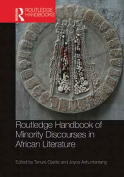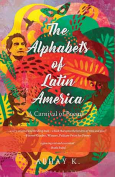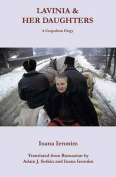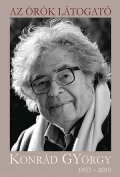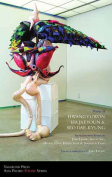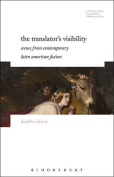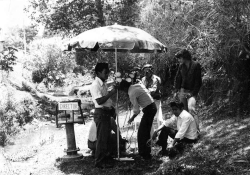Canción by Eduardo Halfon
 Barcelona. Libros del Asteroide. 2021. 128 pages.
Barcelona. Libros del Asteroide. 2021. 128 pages.
EDUARDO HALFON’S LATEST novel explores the power of naming and appearance and what they conceal, and the vulnerabilities experienced by those who reach beyond them. Its narrator calls his grandmother’s cousin Uncle Salomón even though he’s not his uncle. The story opens with the narrator’s arrival in Tokyo for a conference dedicated to Lebanese writers even though his Lebanese grandfather wasn’t Lebanese; he was forced to leave before Lebanon was a country bearing that name. The deceptively pretty title alludes to a killer known for his singsong voice.
Salomón reads the future in Turkish coffee grounds. When the narrator is a child, he witnesses his uncle’s last reading, the session interrupted by the arrival of soldiers to his grandfather’s Guatemala City mansion, an enormous house that, the narrator recalls, suddenly felt very small. The soldiers are there to tell the grandfather they’ve located one of the men who kidnapped him in 1967. Their visit brings no solace, their news no closure. The fear that caused the house to shrink put an end to Salomón’s interpretive efforts, but it is at the heart of the narrator’s lifelong search to understand his grandfather and Guatemala’s puzzling and frightening pasts.
Openness to uncertainty and an acknowledgment of shifting origins permit affinities that others, like the writers in Tokyo who contest the narrator’s Lebanese heritage, would prefer to regulate and even disqualify altogether. The narrator’s changing position along multiple ambiguous geographical, social, and cultural crossroads—he’s Jewish, Guatemalan, of Syrian or Lebanese descent, of a privileged economic class, and a writer who once studied engineering—mirrors this extraordinary novel’s combination of lucidity and structural sophistication, moving subtly as it does back and forth through several moments and places, from the room where the grandfather’s kidnappers held him to the bar where, decades later, the narrator met a woman whom, years earlier, the narrator’s father identified as one of his father’s kidnappers. When the narrator meets her, she says, “Tú eres Halfon,” at once enmeshing him in the murky world of the Guatemalan Civil War’s aftermath and establishing an affinity between fiction and autobiography that unsettles generic divisions.
Canción’s portrayals of social and political complexity avoid easy judgment. The text’s insistence upon facing instead of concealing difficult truths about affiliations and origins makes plausible and important that which in the hands of a lesser writer would risk being trite—for example, the narrator’s attraction to and conversations with an organizer of the conference in Tokyo, whose grandfather was maimed when the US dropped an atomic bomb on Hiroshima. Descendants of catastrophe find shaky common ground in this novel that embodies the fragile layers of comprehension which writing can attain when it refuses the shelter of identitarian rigidity and the false comforts of prediction.
Ryan Long
University of Maryland






